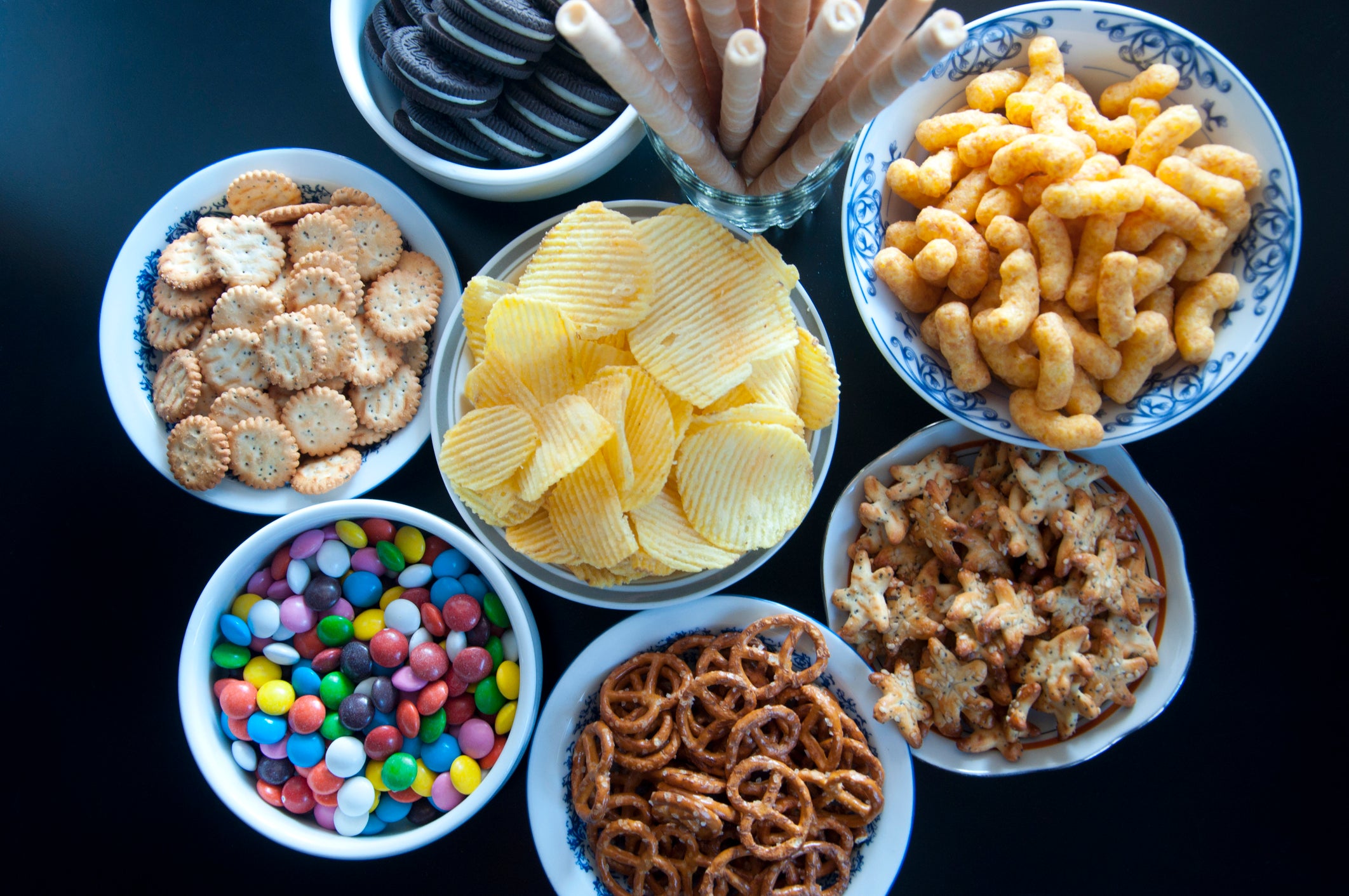Study links ultra-processed food and drink to risk of depression in women
Commonly consumed edibles are often high in salt, sugar, hydrogenated fats and other additives

Consuming large amounts of ultra-processed foods could be linked to depression, according to a new study published in the Journal JAMA.
Ultra-processed foods are usually high in salt, sugar, hydrogenated fats and additives. This includes ice cream, sausages, crisps, biscuits and soda.
The study looked at the eating habits and mental health of more than 31,000 female nurses as part of the Nurses’ Health Study II, a long-term research project on various aspects of women’s health.
To better understand the links between depression and foods, researchers started the study before participants reported any symptoms of depression and then followed them over time. This allowed the team to make a connection between a person’s diet and their mental health.
Results showed women who consumed over nine portions a day of ultra-processed foods had a 50 per cent higher risk of developing depression than those consuming four portions or less.
Participants who consumed a high amount of foods and drinks that contained artificial sweeteners had a particularly negative outcome, the study found.
"Participants with high UPF intake had greater BMI, higher smoking rates, and increased prevalence of comorbidities like diabetes, hypertension, and dyslipidemia and were less likely to exercise regularly," the study said.
“Experimental studies have shown that artificial sweeteners may trigger the transmission of particular signalling molecules in the brain that are important for mood,” the authors continued.
Professor Andrew Chan, chief of the clinical and translational epidemiology unit at Massachusetts General Hospital and co-author of the research, said: “The strength of our study is that we were able to assess diet several years before the onset of depression,” according to The Guardian. “This minimises the likelihood that our findings are simply due to individuals with depression being more likely to choose ultra-processed foods.”
In a 2022 study, researchers linked ultra-processed food and cognitive decline.
CNN reported that the study found eating those foods may affect parts of the brain that control executive function — such as the ability to process information and make decisions.
The research also found that men and women who ate the most ultraprocessed foods had a cognitive decline rate 28 per cent faster than those who did not eat those foods. They also had a 25 per cent faster decline rate of their executive functions than their peers who did not eat ultraprocessed foods.
What are the symptoms of depression?
According to the Cleveland Clinic, some of the symptoms of depression include:
- Feeling very sad, hopeless or worried.
- Not enjoying things that used to bring joy.
- Being easily irritated or frustrated.
- Eating too much or too little — which may result in weight gain or weight loss.
- Trouble sleeping (insomnia) or sleeping too much (hypersomnia).
- Having low energy or fatigue.
- Having a difficult time concentrating, making decisions or remembering things.
- Experiencing physical issues like headache, stomachache or sexual dysfunction.
- Having thoughts of self-harm or suicide.
Join our commenting forum
Join thought-provoking conversations, follow other Independent readers and see their replies
Comments

Bookmark popover
Removed from bookmarks